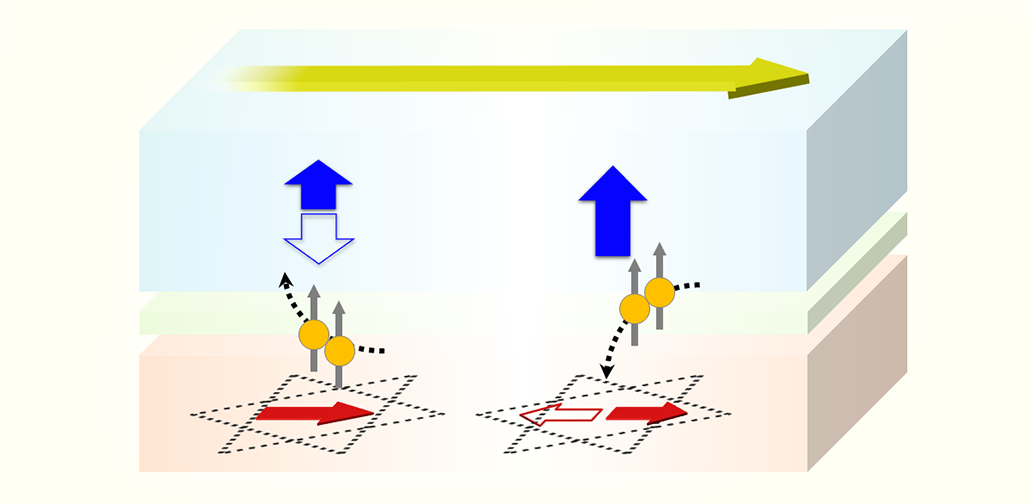A number of communities worked with MidCoast Council to restore and create koala habitat under the Koala Safe Spaces program, supported by Hunter Local Land Services through funding from the Australian Government’s bushfire recovery package for wildlife and their habitat.
“A total of 23,000 koala food and habitat trees were planted on land managed by MidCoast Council and within the Koalas in Care Koala Sanctuary at Mondrook,” said MidCoast Council Manager Natural Systems, Gerard Tuckerman.
“This represents a significant investment in the long-term health of local koala populations.”
Tree planting and weed removal took place across the MidCoast local government area, including at Gloucester, Barrington, Copeland, Tinonee, Stroud Road, Wingham, Bunyah and Coopernook.
Individual community members and community groups worked with Council, contributing to the success of the project and learning more about koalas and their habitats.
Koalas face many threats and risks to their safety and wellbeing. They can be exposed to difficulties and pressures, which increase their stress. Stressed koalas are more prone to disease, reduced breeding success and risks of car strike or dog attack. The focus for safeguarding koala populations across the MidCoast region is to provide more safe spaces.
“This project builds on what was started in a separate Koala Bushfire Recovery project on the MidCoast, which was funded through a $130,000 grant from the Australian Government Bushfire Recovery for Wildlife and Habitat Community Program.”
“The impact on koalas from the 2019 drought and bushfires was a catalyst in drawing widespread community attention to the broader work that needs to be done,” said Mr Tuckerman.
The Bushfire Recovery Project involved a series of initiatives in different parts of the MidCoast where bushfire impacted the koala population. The work involved aerial seeding using drones of koala food tree seeds across 40 hectares of bushfire-affected wetlands at Cattai, giving-away over 8,000 koala feed trees to bushfire-affected landholders and planting patches of food trees across 26 hectares of the land at Council’s Bootawa Dam. Vehicle-activated signs and road markings were installed to help increase driver awareness and prevent koala vehicle strikes.
The project involved knowledge gathering to increase understanding of the locations of corridors and connecting habitats in the Kiwarrak and Khappinghat areas for koalas. This work will inform future tree planting and revegetation activities.
Partners, including Taree Indigenous Development and Employment (TIDE), MidCoast 2 Tops Landcare and private landholders provided valuable support for the project.
“The work we’ve recently completed is just the beginning,” added Mr Tuckerman.
The MidCoast Koala Safe Spaces Program will support the establishment and protection of places for wild koalas to live, breed, shelter and move across public and private lands.
“We know that many landholders are concerned about the long-term conservation of koalas and understand the rare opportunity we have on the MidCoast to help ensure their future. Some are already planting trees and protecting koala habitat and trees on their properties.
“Council, through the MidCoast Regional Koala Partnership with the NSW Government, will look to expand our efforts to support landholders with searching for koalas, conserving areas of habitat, planting new habitat, controlling weeds that impact koalas, delivering koala friendly bushfire management and reducing the threats to koalas.”
Koala safe spaces can span anything from single trees in paddocks or yards, to corridors or stepping stones of habitat, to large blocks of remnant bushland. These spaces can be incorporated into working farms, forest management, residential areas and other land uses.
Council is encouraging the community to report koala sightings and to register their interest in being part of the Safe Spaces Program through an online form available at: . Injured, unwell or at risk koalas should always be immediately reported to the local Koala Rescue organisation, including Koalas in Care.








